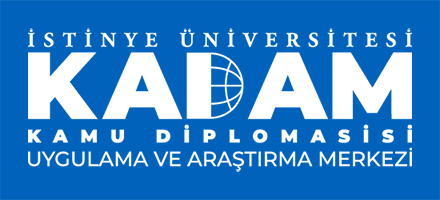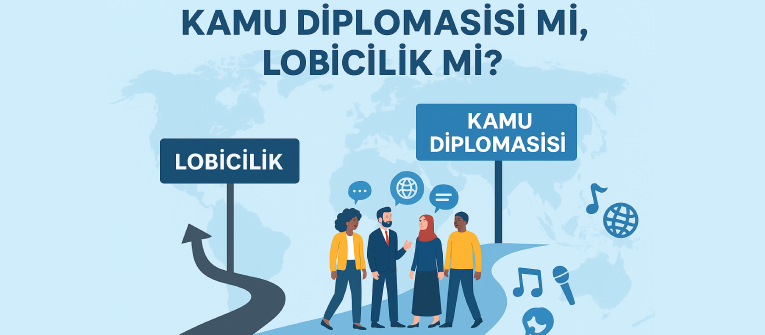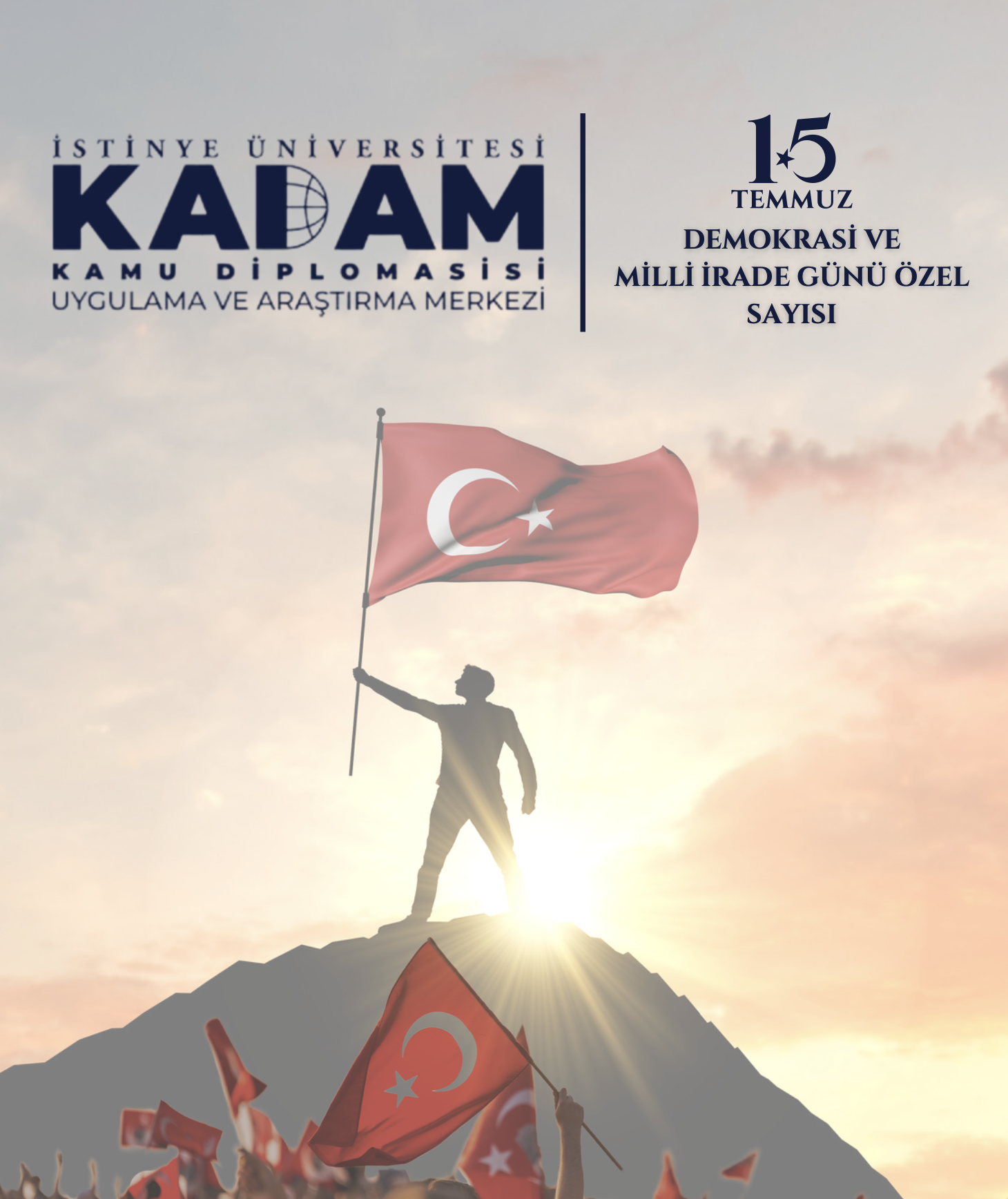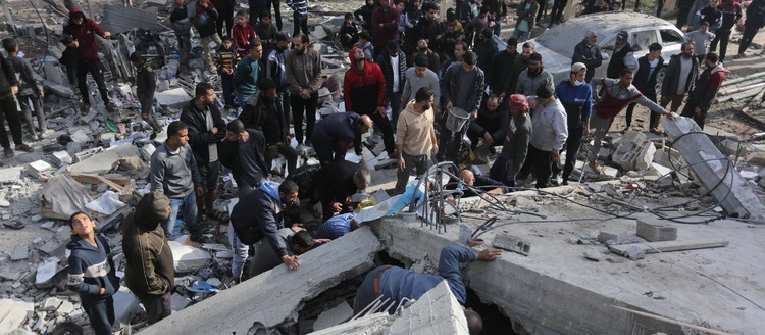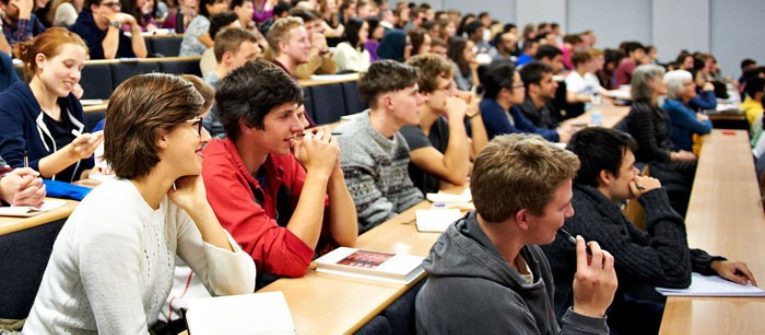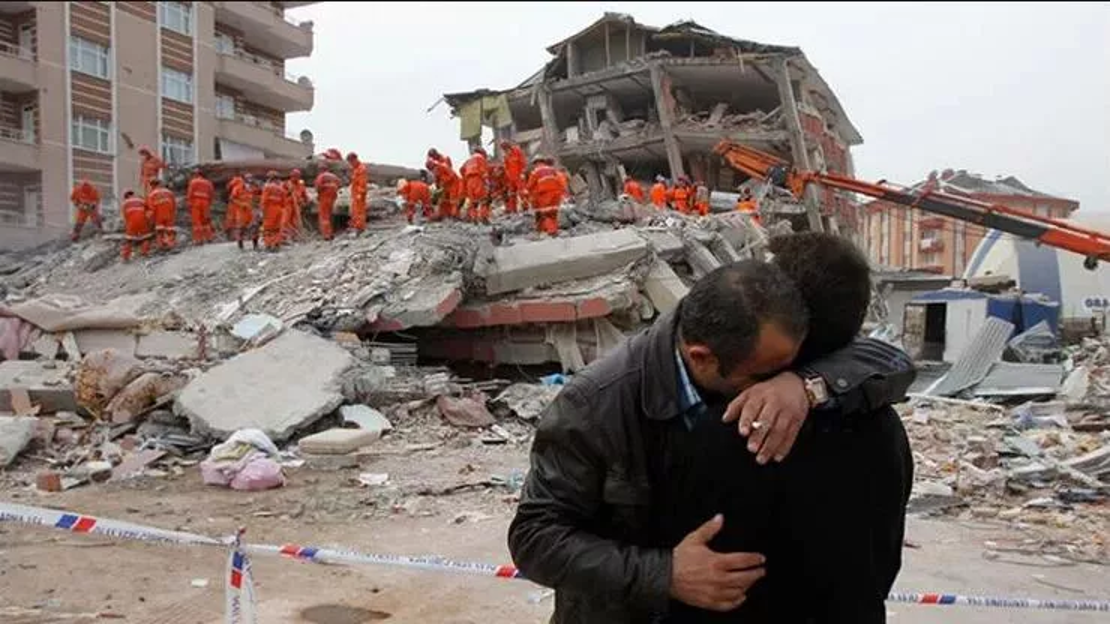 15 June 2023
15 June 2023
HUMANITARIAN DIPLOMACY
On the morning of Monday, February 6, 2023, Turkey woke up to a huge disaster that has never been seen before. Our 10 provinces and 13.5 million population, which constitutes 10.6 percent of the country's population, were shaken by two earthquakes of magnitude 7.7 and 7.6. In this great disaster, in which tens of thousands of people lost their lives or were injured, the infrastructure and economy of the region were turned upside down. The process of healing the wounds of this long-lasting disaster has begun.
From the first moments of the earthquake, aid began to pour in from Turkey and abroad. Nearly eighty countries sent aid teams and supplies to Turkey. This attitude showed that states that compete with each other at every opportunity, do not hesitate to use confrontational discourses and trigger constant crises can come together for humanity.
Humanitarian diplomacy is considered a field of public diplomacy. Sending aid from various countries when a natural disaster occurs anywhere in the world is considered a type of public diplomacy activity. Sending aid to a country damaged by an epidemic, earthquake or flood is an expected and known attitude. However, one of the most important results of this cooperation is that it positively affects the image of the donor country. Therefore, although the main humanitarian purpose has not disappeared, it would not be wrong to say that public diplomacy comes into play at this point. The sympathy felt for the country and its organizations that come to the rescue of the country and its people in the most difficult situation will increase even if the political tension with that country continues. More importantly, even if the political tensions in question do not disappear completely, their rhetoric and violence will decrease. Thus, the possibility of good will arise from the evil that occurs.

